Table of contents
Key Takeaways
The Essential Role of Prenatal Supplements Before Conception
Many women are aware that once they get pregnant they should take prenatal supplements and vitamins. But did you know that prenatal supplements can also be super helpful when trying to conceive?
A healthy, balanced diet is important for your overall health, including your reproductive health. However, even when women are eating healthy they might still be lacking important vitamins and nutrients that are vital for getting pregnant and delivering a healthy baby. Prenatal vitamins are packed with beneficial ingredients that boost the chances of getting pregnant and growing a full-term, healthy baby.
7 Supplements You Should Look For In Prenatals
There are a lot of prenatal pills and fertility supplements out there, so how do you know the best one to choose? We are here to help! Below, we list some common ingredients in prenatal supplements and why they are used in the first place, outlining their benefits for mom and baby.
Active Folate: Key to Preventing Neural Tube Defects and Enhancing Fertility
Folate is part of the vitamin B family and is found naturally in vegetables, eggs, legumes, and fruit. We emphasize folate instead of folic acid because folic acid is a synthetic form of folate. Folic acid when consumed gets converted in the body to become the active form of folate, 5-MTHF. This method of getting enough folate is not effective for over ⅓ of the population. We suggest always looking for a supplement with active folate (5-MTHF), like in Momicare.
Folate is a very important supplement to have in a prenatal as it helps prevent neural tube defects (NTD). One of the most common NCDs is spina bifida. This is when the baby’s spinal cord remains outside the body and could cause all sorts of problems during development and after birth. A more serious NTD is anencephaly, which is when a baby is born without part of its skull and brain, and eventually dies. Folate can also prevent cleft palate, heart irregularities, preterm birth, and more.
Don’t wait to be pregnant before taking a folate fertility supplement. Folate can actually increase women’s chances of conceiving by increasing their overall fertility. We recommended taking folate at least one month before actively trying to conceive. The combination of folate and inositol supplements taken daily can improve insulin function and promote ovulation in 60% of women.
Biotin: Essential for Metabolism and Healthy Development in Pregnancy
It is not uncommon for women to become marginally biotin deficient during their pregnancy, which can sometimes lead to issues for the developing baby. Biotin is a vitamin H or B-7 and helps to convert food to energy and is required for the metabolism of glucose and amino acids. Any extra biotin will just pass through the urine as it is soluble in water.
Copper: Crucial for Blood Formation and Fertility Enhancement
Copper is a mineral that can be found in many different plant and animal products. One of the main benefits of taking copper during pregnancy is that it helps form red blood cells. This can be quite important as your blood volume increases by 30-50% during pregnancy. Copper can also help your developing baby form heart and blood vessels as well as their skeletal and nervous system.
Copper can also aid in increased fertility. It is found that women with reduced reproductive efficiency are more likely to be low in copper. This can lead to decreased conception rates, delayed puberty, decreased libido, and lower semen quality in men.
Fish Oil: Vital for Fetal Neurological Development and Parental Fertility
Omega-3s in fish oils have been found to be super beneficial to take during pregnancy because they can be essential for the neurological and early optic development of a fetus. It is common for women in the west to be more deficient in omega-3’s, particularly when pregnant. This is because the baby is using up all the omega-3 available to form their nervous system.
Taking a fish oil supplement during pregnancy has been shown to prevent preterm labour and delivery, lower the risk of preeclampsia, and may increase birth weight.
Fish oil is also super beneficial for male fertility. A study found that young men who increase their consumption of fish oil can up their sperm count, enlarge their testicles, and improve the production of male reproductive hormones.
Iodine: Essential for Thyroid Health and Overcoming Infertility Challenges
Iodine is a mineral found in many foods like fish and dairy products and is used to make thyroid hormones. It has been found that an iodine deficiency in couples who are experiencing unexplained infertility is quite common.
With vegetarian and vegan diets becoming quite popular in the west, we are seeing more and more iodine deficiency. This is why prenatal vitamins and fertility supplements can be so beneficial. Get all the vitamins and minerals you need to conceive without having to severely alter your diet. The prenatal pill or fertility supplement you take should include at least 150 micrograms of iodine, especially if you’re taking it when trying to conceive.
Zinc: Enhancing Fertility and Preventing Preterm Birth with Essential Nutrients
Zinc is a vitamin that is commonly found in red meat, poultry, whole grains, nuts, certain seafood, and more. It is important to consume Zinc often as our bodies do not store any excess. Zinc during pregnancy can reduce the chance of preterm birth. Low zinc levels can also prolong labour, no thanks!
Zinc is also important to consume in a fertility supplement when trying to get pregnant because it increases cell division and ovulation. In a recent study, it was found that zinc deficiency can harm healthy egg development. So, women wanting to conceive should be taking at least 8mg of zinc per day or more. Be careful with dosage though, as too much zinc could interfere with copper absorption, which is also necessary for healthy fertility.
I ron: Key to Healthy Pregnancy and Reducing Ovulatory Infertility
Iron is a very important mineral that helps our bodies transport oxygen in the blood. It also helps keep our immune systems working properly, helping us fight off any infections. Unfortunately, over 20-25% of the population, mainly women and children, have iron deficiency anemia.
Low iron levels can lead to a lack of ovulation. Not ovulating regularly can decrease a woman's fertility and is one of the leading reasons women have a hard time conceiving. A long-term study conducted with over 18,000 women revealed that taking iron supplements helped to reduce the odds of ovulatory infertility.
Get All You Need With One Prenatal Pill!
Taking the right dosage of different vitamins and minerals when trying to conceive, or when pregnant, can be overwhelming. Don’t take too much of this or too little of that. Cut the confusion and try Momicare by Elan Healthcare. Momicare is an all-natural advanced prenatal supplement that:
- Supports early fetal development
- Helps pregnant women meet iron requirements
- Reduces the risk of NTD
- Boosts odds of conceiving
Check out all of Elan Healthcare supplements to balance hormones, manage PCOS symptoms and boost male and female fertility.
References:
1 - Folic Acid vs Folate—Understanding the Difference for Pregnancy. Ritual.com. Published date unknown.
2 - Folic Acid: the Vitamin That Helps Prevent Birth Defects. Department of Health New York State. Reviewed Apr 2007.
3 - Ovulation induction with myo-inositol alone and in combination with clomiphene citrate in polycystic ovarian syndrome patients with insulin resistance. By Kamenov Z, Kolarov G, Gateva A, Carlomagno G, Genazzani AD. Published Sept 2014.
4 - Copper during pregnancy. By Dasher E, medically reviewed by Hinga E. Published Sept 2021.
5 - Omega-3 Fish Oil and Pregnancy. American Pregnancy Association. Published date unknown.
6 - Associations of Fish Oil Supplement Use With Testicular Function in Young Men. By Jensen TK, Priskorn L, Holmboe SA. Published Jan 2020.
7 - Role of zinc in female reproduction. By Garner TB, Hester JM, Carothers A, Diaz FJ. Published May 2021.
8 - Iron deficiency in women: assessment, causes and consequences. By Coad J, Conlon C. Published Nov 2011.
9 - Iron intake and risk of ovulatory infertility. By Chavarro JE, Rich-Edwards JW, Rosner BA, Willett WC. Published Nov 2006.



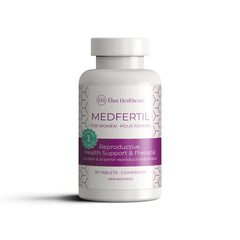
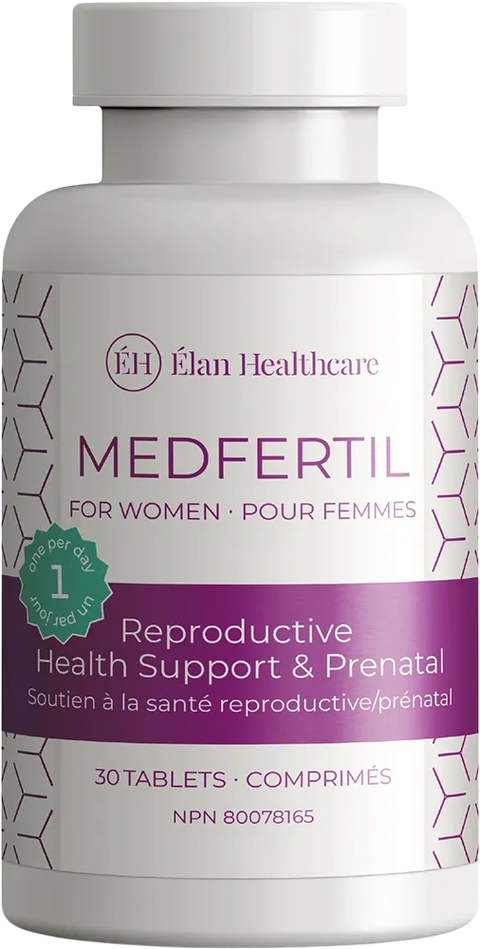
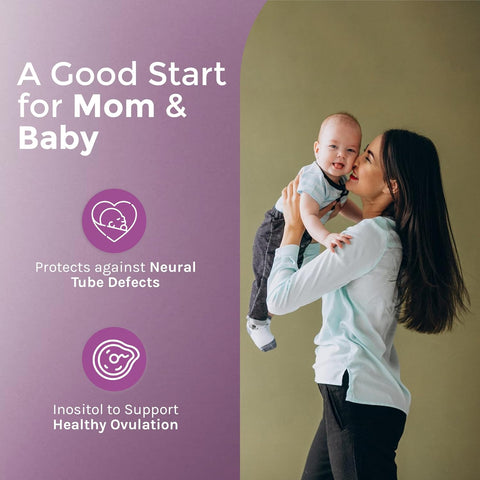
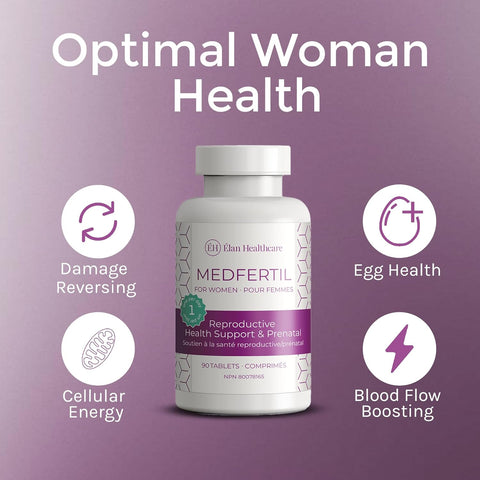
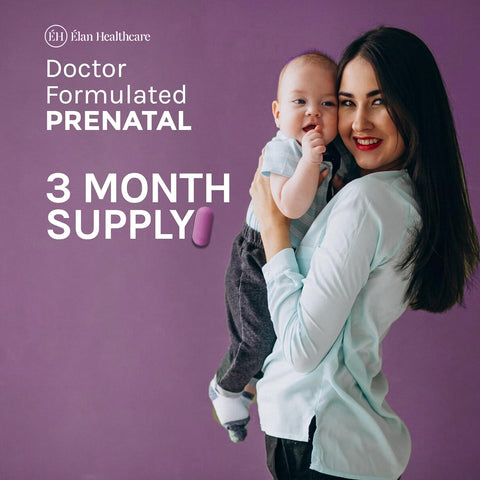
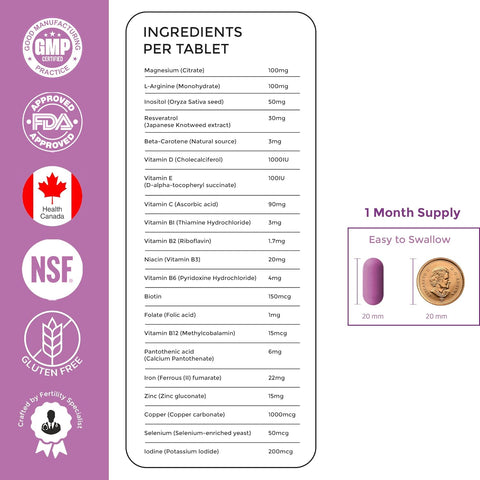
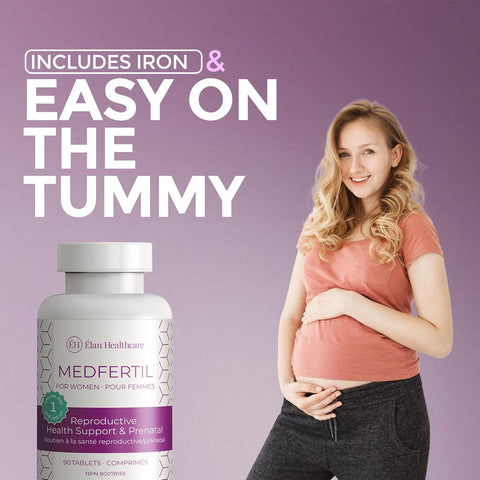
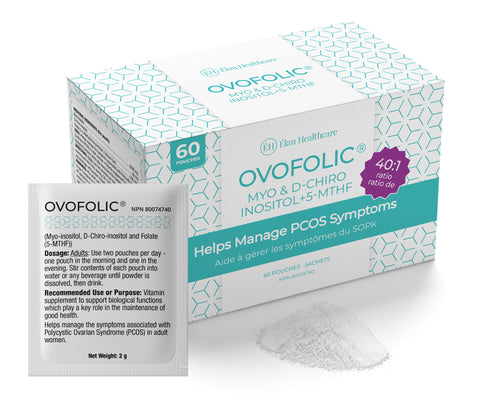
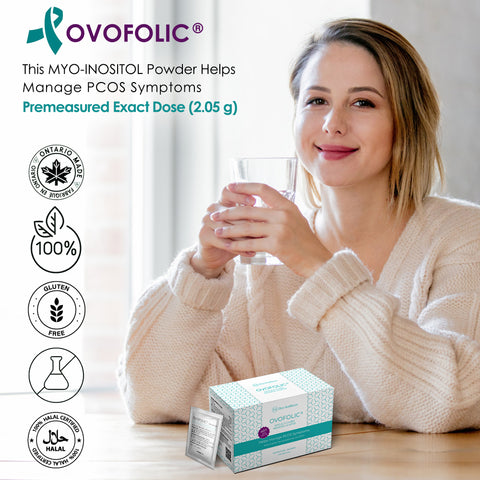
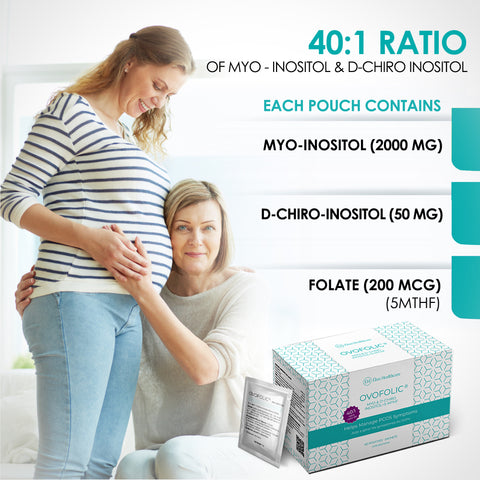
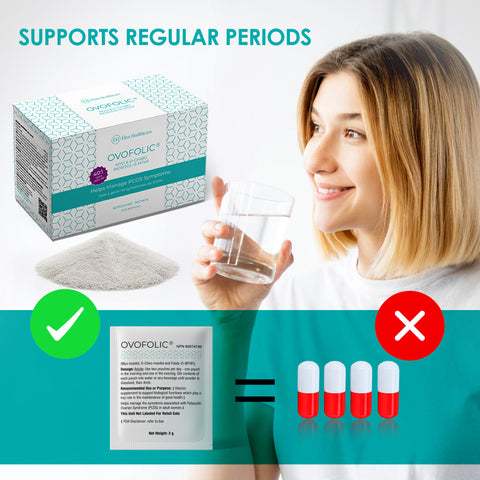
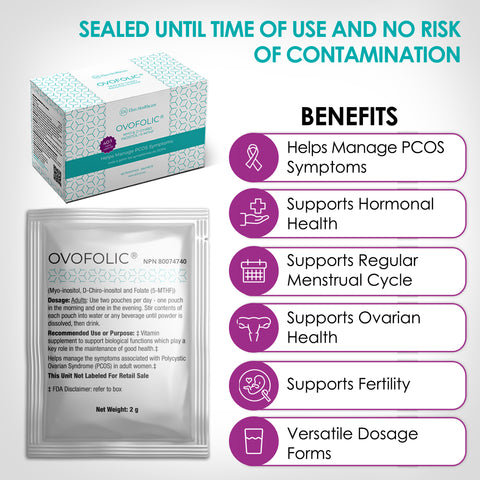
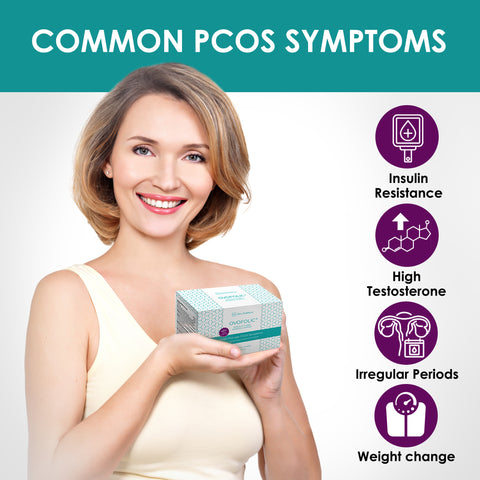
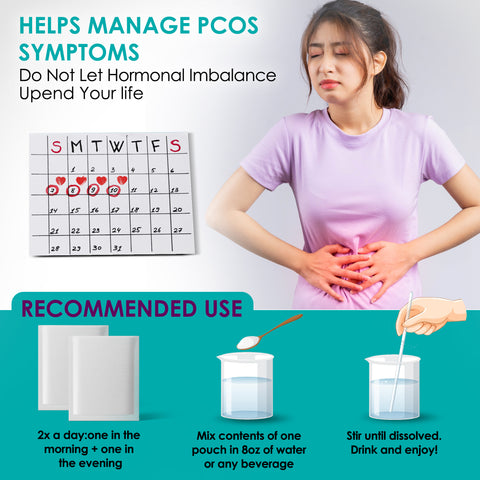
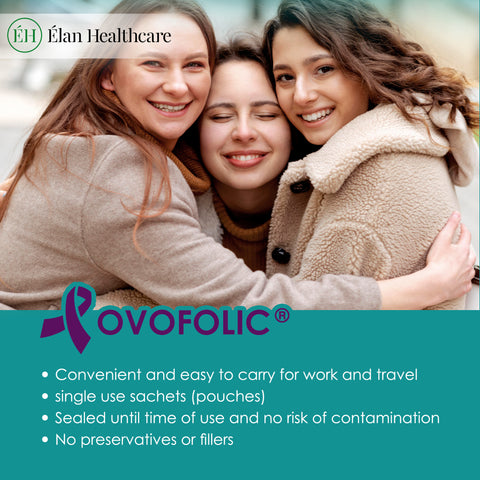
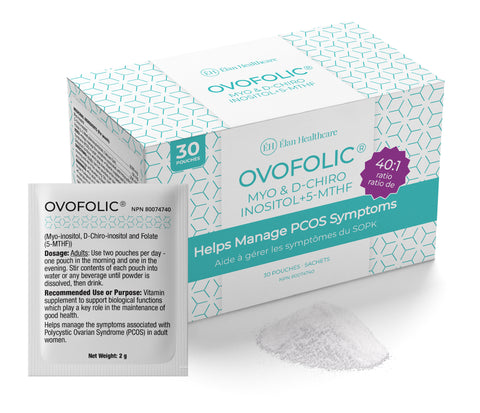
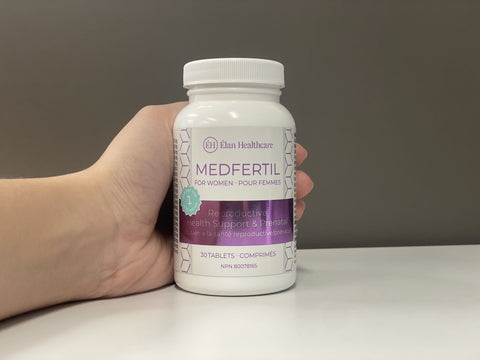

No comments yet.
There are no comments for this article. Be the first one to leave a message!
+ Open to leave a Comment